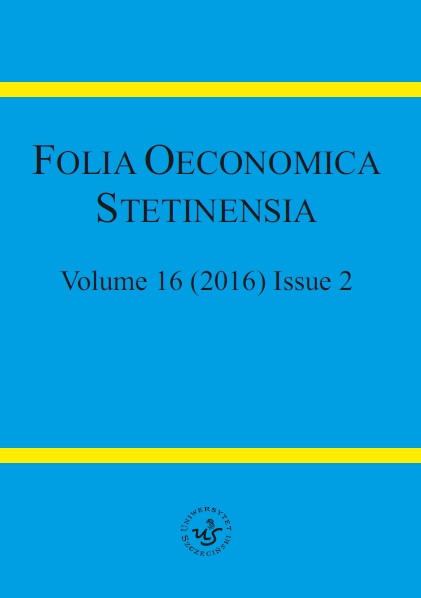Spatial Approach to Diseases of Affluence Epidemiology and Regional Economic Development
Spatial Approach to Diseases of Affluence Epidemiology and Regional Economic Development
Author(s): Alicja Olejnik, Agata ŻółtaszekSubject(s): Economy, National Economy, Socio-Economic Research
Published by: Wydawnictwo Naukowe Uniwersytetu Szczecińskiego
Keywords: diseases of affluence; health; socioeconomic development; spatial autocorrelation; spatial econometric model
Summary/Abstract: Diseases of affluence (of the 21st c.) by definition should have higher prevalence and/or mortality rates in richer and more developed countries than in poorer, underdeveloped states (where diseases of poverty are more common). Therefore, it has been indicated that it is civilizational progress that makes us sick. On the other hand, substantial financial resources, highly qualified medical personnel, and the cutting-edge technology of richer states, should allow for effective preventions, diagnostics, and treatment of diseases of poverty and of affluence. Therefore, a dilemma arises: is progress making us sick or curing us? To evaluate the influence of country socioeconomic and technological development on population health, a spatial analysis of the epidemiology of diseases of affluence and distribution of economic resources for European NUTS 2 has been performed. The main aim of this paper is to assess, how regional diversity in the prevalence of diseases of affluence is related to the regional development of regions.
Journal: Folia Oeconomica Stetinensia
- Issue Year: 16/2016
- Issue No: 2
- Page Range: 203-218
- Page Count: 16
- Language: English

